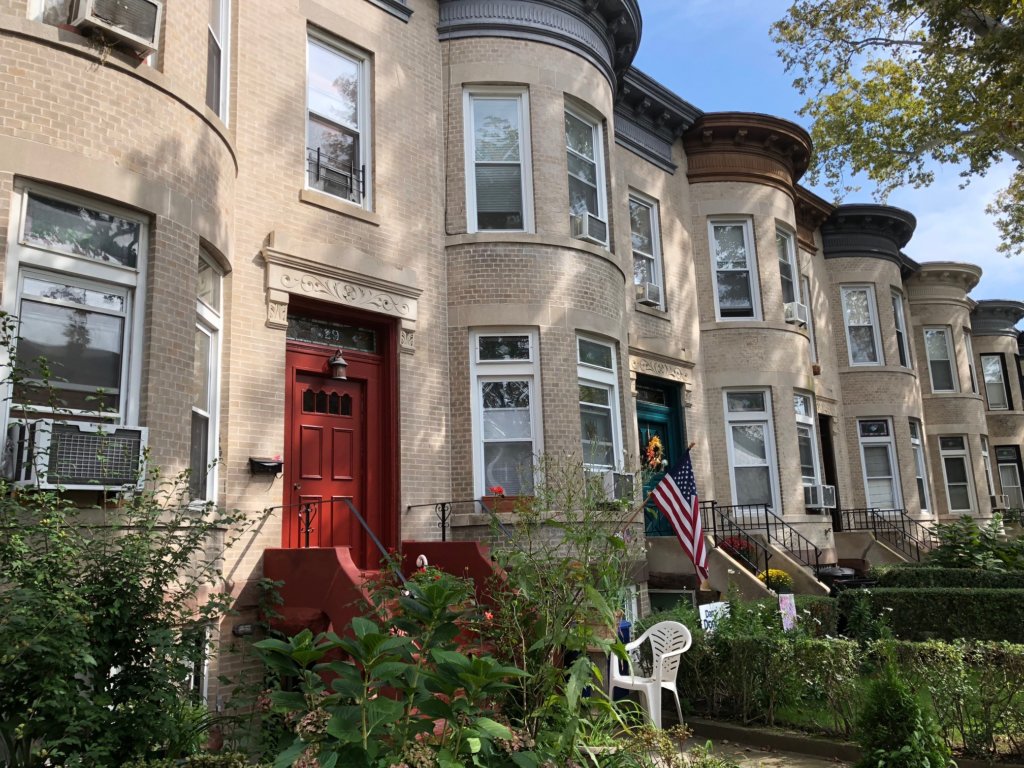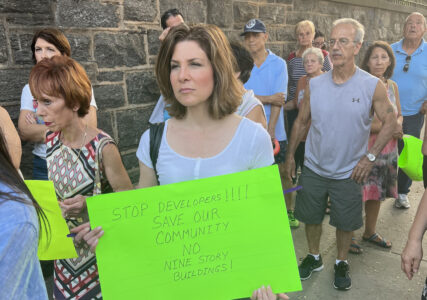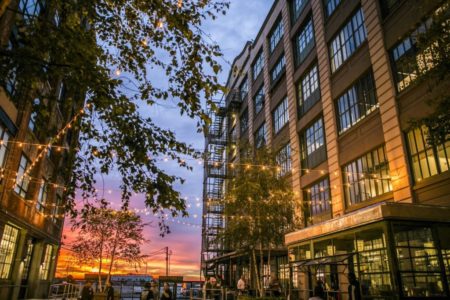If you’re a Brooklyn homeowner who thinks the property taxes you pay are too high (and who doesn’t?), here’s your chance to make your voice heard by the right people.
The New York City Property Tax Commission, formed in May by Mayor Bill de Blasio and Council Speaker Corey Johnson to look into ways to ease the angst of homeowners, will hold its first Brooklyn hearing this month to get feedback from the public. The commission plans to hold hearings in all five boroughs.
The Brooklyn hearing will take place on Monday, Oct. 15, at Borough Hall, starting at 6:30 p.m.
Homeowners can testify at the hearing in person, or submit testimony ahead of time by visiting: [email protected].
The commission has been tasked with researching the issue of property taxes and advising lawmakers on policies that could help bring equity to the city’s uneven tax structure, according to Councilmember Justin Brannan, a Democrat representing Bay Ridge, Dyker Heights and parts of Bensonhurst, who said he has heard numerous complaints from his constituents about exorbitant property taxes.
“It doesn’t take a genius to see that the New York City property tax system is outdated and unfair,” Brannan said in a statement. “My district in Southwest Brooklyn is one of those areas that bear an extremely high burden. I heard it again and again on the campaign trail: property taxes in Bay Ridge, Dyker Heights, Bath Beach, and Bensonhurst are too damn high.”
The city’s property tax structure is based on the value, as assessed by the city, of so-called Class 1 properties (one, two and three-family homes). The tax rate cannot increase by more than six percent every year or by 20 percent in five years.
The problem, according to advocates seeking to change the system, is that homeowners in more desirable neighborhoods, like Park Slope, pay less than their fellow homeowners in other parts of Brooklyn.
Homeowners in Bay Ridge, Dyker Heights, Canarsie and Brownsville pay a rate of 0.73 percent, while Park Slope property owners are paying less, 0.32 percent, according to Assemblymember Nicole Malliotakis, a Republican representing Bay Ridge and Staten Island, who has introduced state legislation aimed at evening out the playing field.
“As the system currently exists, low and middle-income New Yorkers are subsidizing the property taxes of those living in the highest valued properties in our city’s most affluent neighborhoods,” Malliotakis said in a statement.
Under Malliotakis’s proposal, an across-the-board two percent cap on property tax increases would be established and senior citizens with household incomes of $75,000 a year or less and who have lived in the same home for at least 20 years would be in line for a property tax deduction.
The mayor and Council speaker announced the formation of the Property Tax Commission on May 31 and tapped Vicki Been, a law professor at New York University, and Marc Shaw, interim chief operating officer of the City University of New York to serve as co-chairs.
The panel goal is to the property tax system to make it simpler, clearer, and fairer, according to de Blasio.
“To be the fairest big city, you need a fair tax system,” de Blasio said at the time he announced the commission. “For too long, New York City taxpayers have had to grapple with a property tax system that is too opaque, too complex, and just feels unfair. New Yorkers need property tax reform, and this advisory commission will put us on the road to achieve it.”
Property taxes make up 45 percent of the city’s tax base, according to officials. The current property tax structure has been in place for nearly 40 years.
Johnson called the establishment of a commission “an important first step towards addressing inequities in this city’s broken property tax system” and said it is crucial that officials bring a sense of fairness to a system “which has long perplexed the public and left many feeling hoodwinked by the city government tasked with representing them.”
Brannan is urging homeowners in his council district to attend the Oct. 15 hearing or submit testimony.
“My office still hears all the time from people complaining about their property taxes. If you care about the inequality in our city’s system, this is your chance to speak directly to the people who will be shaping property tax policy in the near future,” he stated.

 Not in our backyard! Dyker rallies to prevent ‘out of character’ nine-story building from being built
Not in our backyard! Dyker rallies to prevent ‘out of character’ nine-story building from being built  Local businesses show support for Industry City rezoning plan
Local businesses show support for Industry City rezoning plan